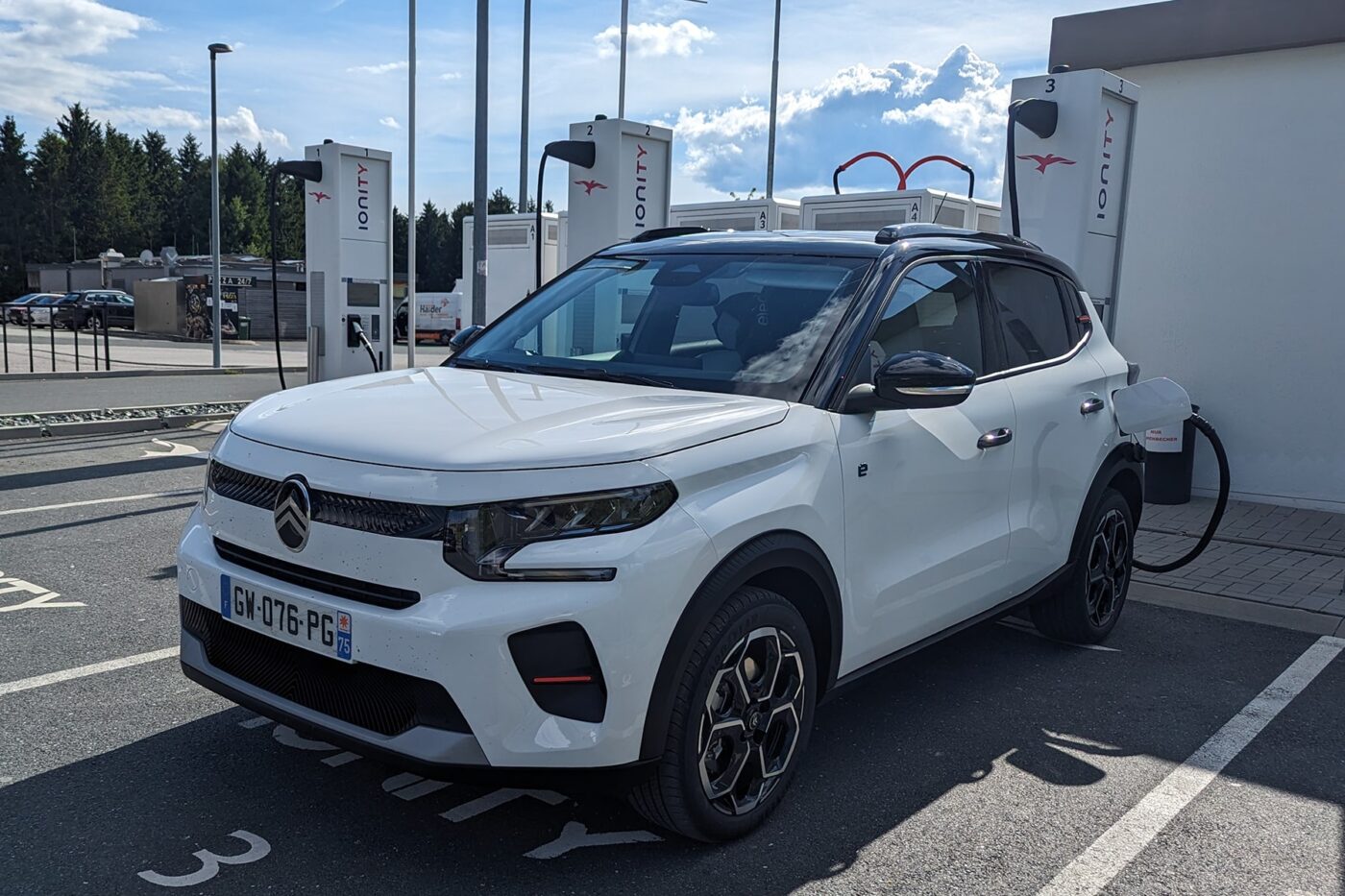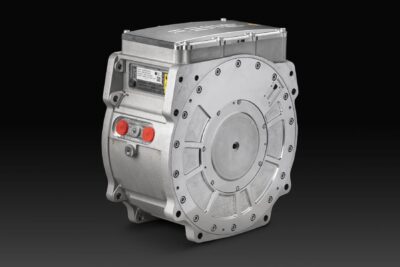France extends EV purchase incentive scheme through 2026
In France, the environmental bonus (known as the ‘bonus écologique’) is structured based on both the income of buyers or lessees and the CO₂ emissions generated during vehicle and battery production. Since mid-2025, the government has moved away from fixed maximum subsidy amounts, instead linking them to the fluctuating prices of energy savings certificates (CEE). These certificates are a cornerstone of France’s strategy to promote energy efficiency. Funding for EV subsidies has also transitioned from public budgets to CEE financing.
“Based on current prices in the energy savings certificate market, subsidies for electric vehicles could reach up to €5,700 for low-income households, €4,700 for middle-income households, and €3,500 for other households,” the government estimates. An additional bonus for vehicles with batteries manufactured in Europe, also funded through CEE, can provide an extra €1,200 to €2,000. This framework will remain in place for 2026.
“Maintaining high subsidy levels is a strategic decision that underscores the government’s commitment to accelerating the transition to a low-carbon economy and ensuring access to cleaner vehicles for all French citizens,” the government states. The bonus is exclusively available for the most environmentally friendly electric cars, which must meet strict environmental criteria, weigh less than 2,400 kilograms, and have a purchase price below €47,000 (excluding optional extras).
The environmental bonus cannot be combined with France’s social leasing scheme, currently in its second funding round. Eligibility for social leasing is restricted to households with at least one employed member and a tax reference income of less than €16,300 per person. Applicants must either commute at least 15 kilometres to work by car or drive a minimum of 8,000 kilometres annually for professional purposes.
Collectively, these incentive measures are proving effective in France: the market share of fully electric vehicles reached a record high of 24% in October, up from an average of 16.8% in 2024. “Sustainably promoting electric vehicles requires a practical approach to environmental protection—one that reduces costs, simplifies daily life, enhances comfort, and prioritises low-income households,” emphasised Monique Barbut, France’s Minister for Ecological Transition, Biodiversity, and International Climate and Nature Negotiations. She adds that the transition to a low-carbon economy succeeds when everyone can participate and when industrial production in France and Europe is strengthened.
The environmental bonus in France is designed as a degrading subsidy, intended to phase out gradually over time. Since February 2024, subsidies have ranged between €2,000 and €4,000. However, in July 2025, the government reversed this trend by increasing the bonus, tying it to the CEE market. This adjustment likely responds to a decline in demand, as France experienced a slight drop in EV registrations during the first half of 2025.
ecologie.gouv.fr (in French)
This article was first published by Cora Werwitzke for electrive’s German edition.





0 Comments